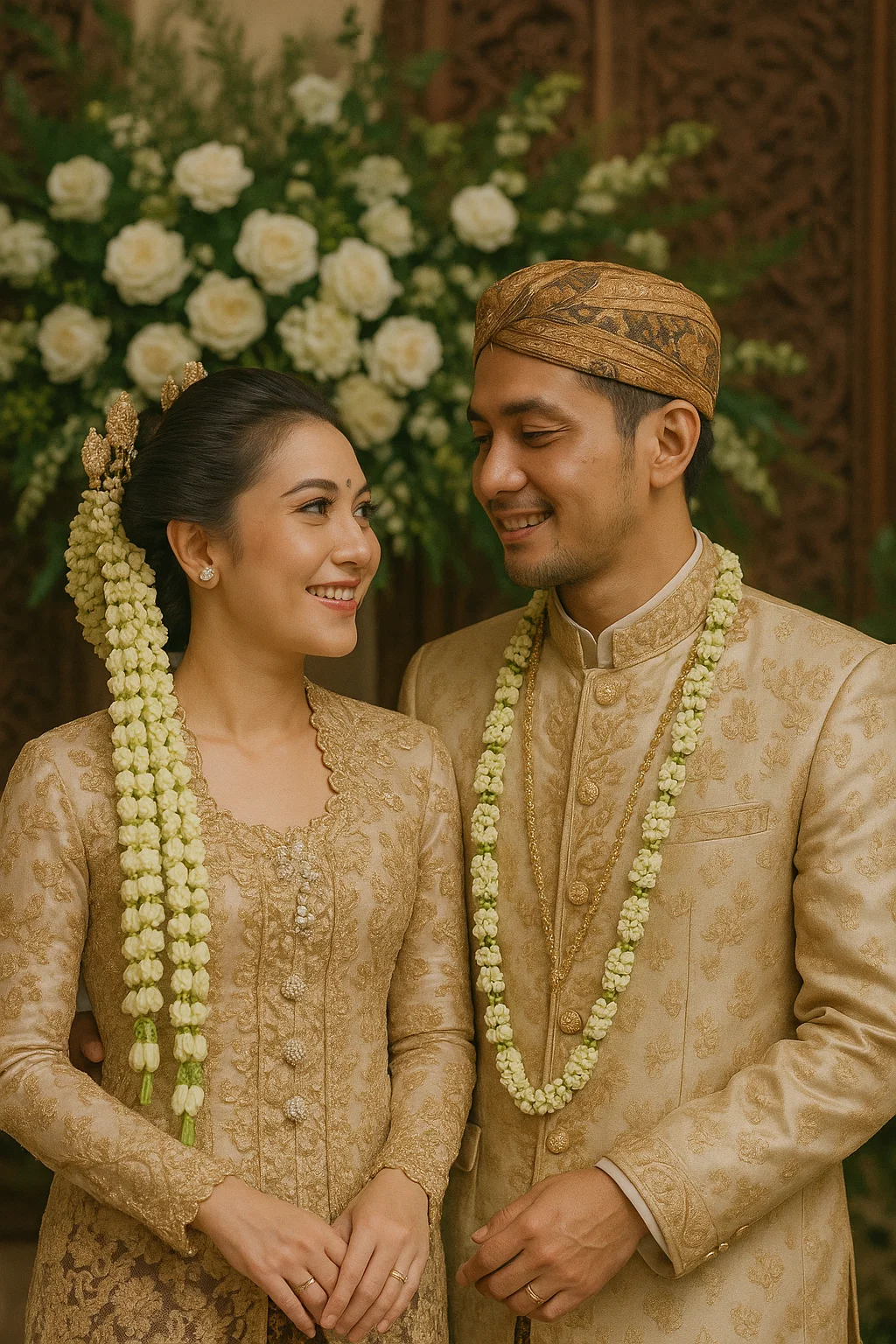n the midst of rising legal awareness among urban professionals and young entrepreneurs, prenuptial agreements are increasingly relevant. Although still seen as taboo by some in Indonesia—believed to be “unromantic”—this legal instrument provides crucial preventive protection for both parties in marriage.
A prenuptial or postnuptial agreement is a legally binding contract that outlines the ownership, management, and division of assets between spouses—both during marriage and in the event of separation.
Legal Foundations of Prenuptial Agreements in Indonesia
Article 29 of Law No. 1 of 1974 on Marriage:
“At the time or before the marriage is performed, both parties, by mutual agreement, may enter into a written agreement legalized by the marriage registrar…”
Constitutional Court Decision No. 69/PUU-XIII/2015:
The Court ruled that prenuptial agreements can also be made after marriage, as long as they are mutually agreed upon and do not violate the rights of third parties.
Article 119 of the Indonesian Civil Code (KUHPerdata):
Unless otherwise agreed, all property acquired during the marriage is considered joint marital property (gemeenschap van goederen)..
Why Is a Prenuptial Agreement Necessary?
1. Legal Certainty and Protection
Indonesian law assumes all property acquired during marriage is joint unless otherwise stipulated. This exposes couples to:
-
Asset disputes in divorce
-
Shared liability for one party’s debt
-
Seizure of assets from a spouse’s business default
2. Protecting Business and Personal Assets
Assets owned before marriage—such as businesses, land, or investments—can remain separate and protected from legal risk if clearly defined in the agreement.
3. Preserving Family Inheritance
Some wealthy families require asset separation to prevent inherited property from entering marital disputes.
4. Protection for Mixed-Nationality Couples
Indonesian law restricts foreign nationals from owning freehold land. A prenuptial agreement helps ensure that land and other key assets remain under the Indonesian spouse’s name, without legal entanglement.
Kapan dan Bagaimana Perjanjian Ini Dibuat?
- Before Marriage (Prenuptial) Signed before the marriage ceremony, legalized by a notary, and registered at the Religious Affairs Office (KUA) or Civil Registry.
- After Marriage (Postnuptial) Allowed since the 2015 Constitutional Court decision, if made by mutual consent and without harming third parties.
- Legalization & Registration Must be drafted by a notary and registered to be legally binding and enforceable.
Key Elements of a Prenuptial Agreement
- Complete identity of both parties
-
Clear separation of:
- Pre-marital assets
- Assets acquired during marriage
- Gifts, inheritance, or personal donations
- Management of finances during marriage
- Division of assets in divorce
- Responsibility for individual debts or liabilities
- Clauses on amendment, termination, and dispute resolution
- Optional child protection provisions

Example
Mr. Anto, a businessman, married Mrs. Rika, a fashion designer. Before the wedding, they signed a prenuptial agreement. When Mr. Anto’s business faced bankruptcy, Mrs. Rika’s assets—including her boutique and personal savings—were untouched by creditors because they had been legally separated.
Without the agreement, her assets could have been considered joint property and seized to settle her husband’s debt.
Tips for Drafting an Effective Prenuptial Agreement
Conclusion
A prenuptial agreement is a mature, rational, and legally sound decision. It protects the rights and interests of each party, provides clarity in legal relationships, and helps avoid unnecessary conflict or financial loss in the future.
This agreement is not about distrust—but about smart legal planning.
BNeed help drafting your Prenuptial Agreement?
AUFAR & Co Law Office is ready to assist you—from legal drafting and notarization to official registration.

